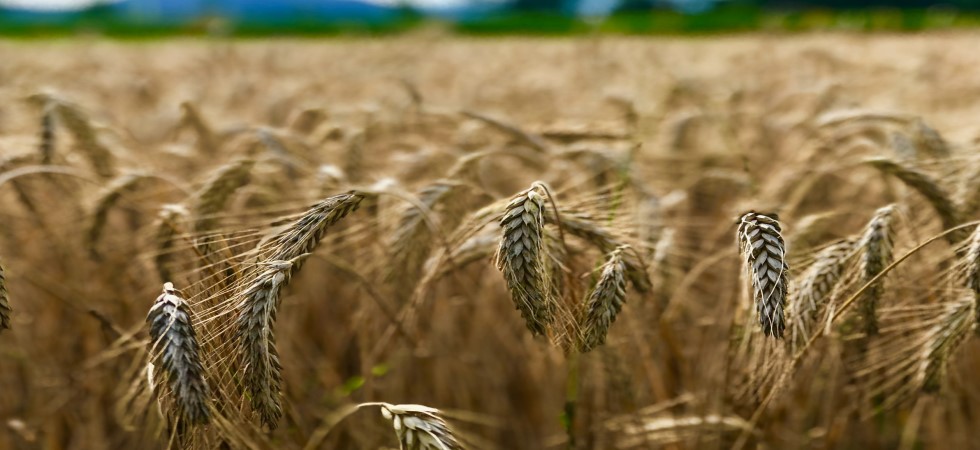Over half of adults want UK food producers to prioritise farming practices that preserve and enhance nature and wildlife, according to research commissioned by food certification scheme Fair to Nature.
The survey of 2,250 adults, which was undertaken by Ipsos, revealed that 56% of people surveyed want UK farmers to concentrate on “preserving and enhancing nature and wildlife” when asked to select three from a list of six possible different farming priorities regarding the environmental impacts of farming.
Fair to Nature said that research carried out in December showed adults voted “halting biodiversity loss” as one of the top three environmental impacts of agriculture to be addressed on farms, with 37% voting for it, along with 39% choosing “use of environmentally harmful pesticides” and 36% choosing water pollution.
Mark Varney, head of Fair to Nature, said: “These results reveal that one in four people think UK farming has a negative effect on nature and wildlife, but our research also highlights that UK consumers want our food and agricultural system to be a power for good, helping protect and preserve our landscape and wildlife. This is a golden opportunity for organisations to adopt nature-friendly farming and food production to respond to their customers’ wants and needs.
“Making sense of what this means in practice can be confusing, especially with buzzwords such as ‘regenerative’ and ‘sustainable’ hitting our shelves.”
Outlining a plan for food brands and supermarkets
The research coincides with the release of a new report by the RSPB’s Fair to Nature scheme, which is the UK’s only certification scheme with a focus on biodiversity. The report, Without Nature There is no Food, looks at the role of nature in underpinning business today.
Within it, the RSPB argues that “if every farm made 10% of land available for good quality wildlife habitat, nature on farms could be restored and protected, ensuring that the essential services it provides are there for us all in the future.”
Varney added: “Setting out a proven approach for including nature as a key component within all food businesses’ UK supply chains, it demonstrates how, in the wake of terrifying declines in nature, we can – and must – do something urgently to bring farmers, producers and consumers the clarity needed to enact real change.
“By restoring the balance of nature in farming and increasing biodiversity, farmers reap the benefits of the RSPB Fair to Nature standard, with increased pollinator numbers, improvements in soil quality and a reduction in the volume of chemicals required which saves them money.”
As outlined in the report, food brands and supermarkets supporting RSPB Fair to Nature agree to buy from certified farms and can display the RSPB Fair to Nature logo on the packaging of certified products, ensuring consumers are “able to make positive choices” and “to spend their money in support of restoring critical farm ecosystems and wildlife habitats.”
Following the report’s launch, Fair to Nature is hosting a one hour webinar titled ‘Without nature, there is no food: why we need a label to protect and restore‘ on Tuesday 16th January. Further information can be found here.









